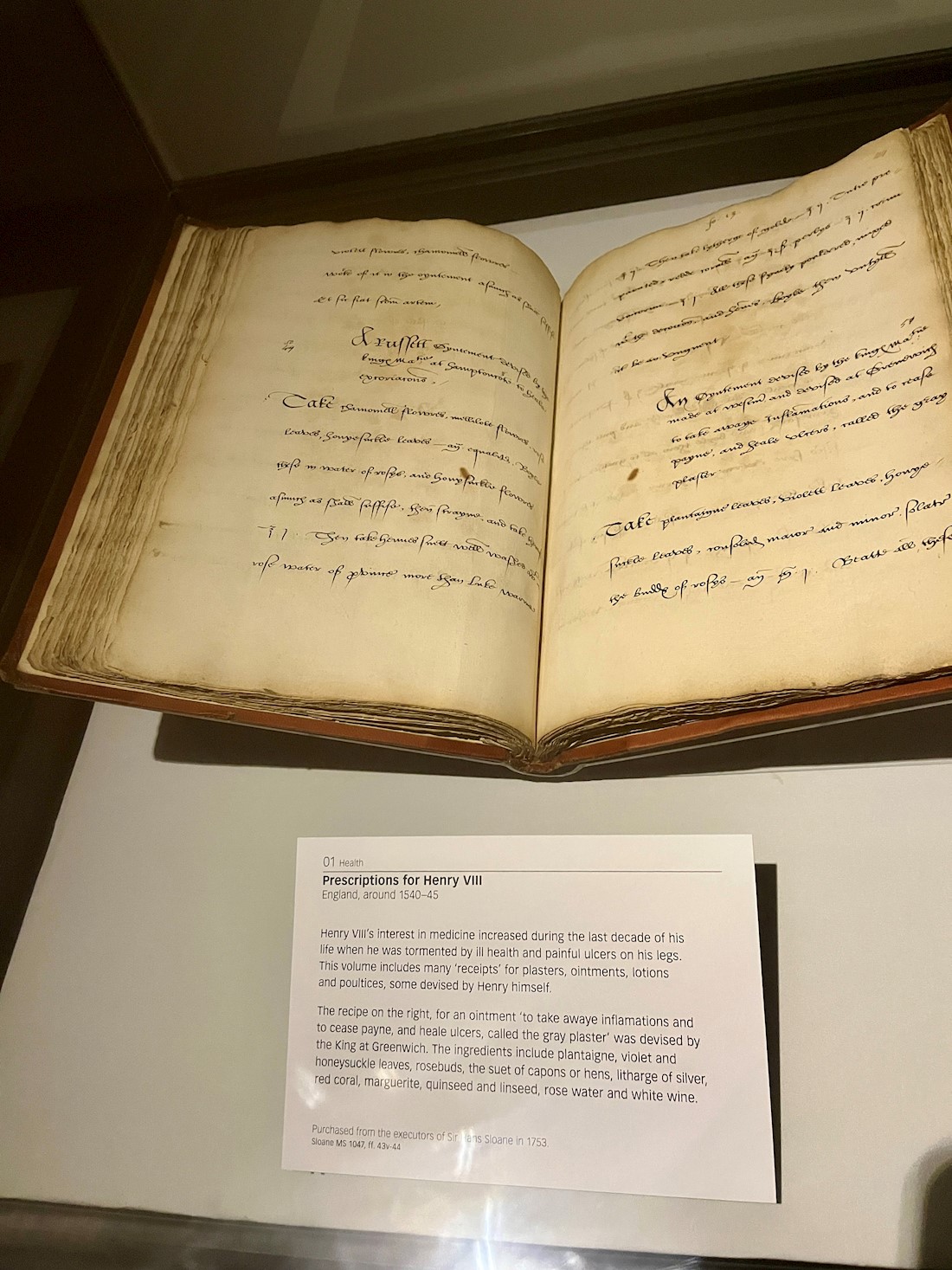I was grateful of a bursary to attend this years’ Green Libraries Conference at the British Library as it benefited my wider knowledge and understanding our fabulous profession through networking with a range of colleagues from health, academic and public libraries.
For example, I learned how an academic librarian in Ghana, who supports the medical school there, works closely with their local health library team as the hospital is on the same campus as the university. This reflects my own experience whilst working at Bolton, which of course is mirrored across the UK, but it was interesting to learn about this familiar approach in a country I don’t know much about.
Baroness Natalie Bennett’s Keynote on libraries as centres of social innovation gave pause for thought. There are high levels of health inequalities and deprivation where I work, and staff may use food banks, so we have a role to play around education and access to information (eg, growing own food). Her idea of engaging an artist to start an ‘Imagainarium’ where staff are given a space to imagine what the future can be like, is one which I aim to explore. Libraries give access to knowledge, but we also give access to hope.
Curio of the day – Prescription for Henry VIII

Storm Burt pushed me to leave earlier than I would have liked, but there were several key pieces of learning from other organisations which I have taken away and aim to apply in my own workplace:
Short term
Some things are out of our control, eg. the ability to offset emissions, but we can look to reduce energy and influence behaviour change.
The importance of using our voice and our influence and building partnerships for sustainability wherever we can to support wider change through best practice and learning. Look for funding to provide initiatives which educate staff in reducing energy bills using low carbon tech such as air friers and slow cookers/help with tariffs promoted by the Green Doctors showcased through Blackpool’s Eco Hub Library and approaches such as University of Manchester’s Living Room.
Explore how we can further open our spaces and collections to maximise usage.
Mid term
Join the green Libraries Manifesto and audit against the Green Libraries Self-Assessment framework and tool as presented by Yvonne Morris from the Green Libraries Partnership.
Scope training members of the team through the Carbon Literacy for Libraries course as presented by Laragh Quinney from National Library of Scotland and the cascading of training to the organisation/across networks.
Long term
Creation of a KLS sustainability strategy and yearly action plan made visible on our website.
Examples from Glasgow Women’s Library and The British Library
Siobhán Corrin, Knowledge and Library Services Lead, Lancashire Teaching Hospitals

